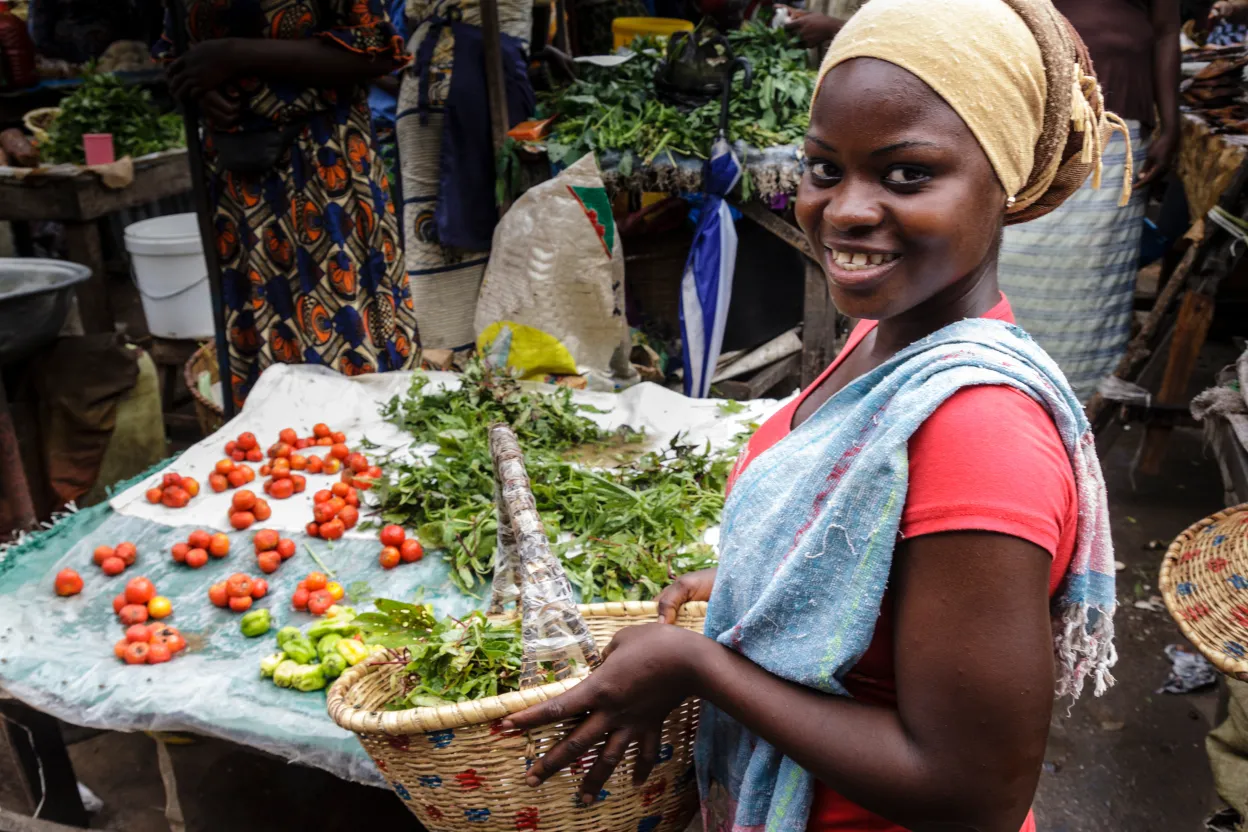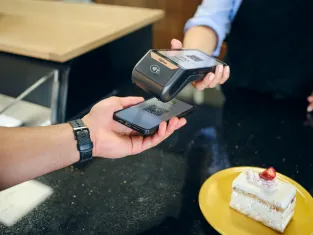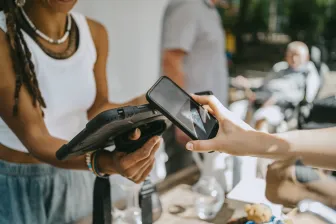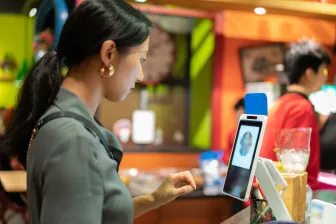Android in Africa: the enabler to making Financial Inclusion a reality
Listen to this article

Africa has a truly inspirational story to tell – of how POS terminals can help to transform the lives of the financially excluded through offering value beyond payment. Today, with Android entering the market, our strategy for adoption is even stronger, with greater potential for positive impact. Here I share my vision for the region and the role that Android has to play in this.
I think it’s important to begin by remembering the wider context of the payment landscape in Africa. Not surprisingly for such a vast and varied continent, growth in digital payments is uneven across the region. While many large urban areas have developed payments infrastructures, millions of people live in remote, rural communities and, today, 90 per cent of transactions in Africa are still made using cash.[1] It is those people living in rural areas and low-income earners who represent the financially excluded segment of the population.
But what do we mean by Financial Inclusion and why does it matter?
Financial Inclusion means having access to useful and affordable financial products and services. It is hugely important as it contributes to reducing poverty and boosting prosperity, being a key enabler of 7 of the 17 UN Sustainable Development Goals.[2] With a bank account an individual or business can deposit, save or borrow money, send and receive money, or pay for goods and services. But gaining access to a bank account in Africa can be very difficult to achieve, for so many reasons. And even with the right technology, it can take some time before people are willing to put their trust in it.
It began with the addition of value-added services
Ingenico has been developing innovative solutions across Africa for over a decade to help tackle financial exclusion. There existed a ‘chicken and egg’ situation with consumers and small merchants. Consumers needed to trust digital payments and merchants needed to see benefits in moving away from cash. The virtuous circle of Financial Inclusion started to take shape only when both merchants and consumers were equipped and ‘willing’ to travel the digital payment journey. This willingness required not only trust in banks and technology, but a clear understanding of the benefits.
There are many examples which demonstrate how the POS terminal has been used to introduce value-added services to encourage Financial Inclusion. Here I want to share with you just two.
- Agency banking in East Africa
Reaching the low-income, rural population of Kenya was difficult and too costly for banks. There was a lack of financial education in rural communities, which had traditionally only used cash for payment and stored wealth in physical assets such as livestock.
A new concept was developed called ‘branchless banking’ which relied on mobile POS terminals to bring financial services to remote communities. At the heart of branchless banking are ‘merchants’ agents, who are the trusted point of contact for customers. They are equipped with the POS terminal, through which a range of financial services are made accessible. The agents brought the ‘bank’ to the customer allowing them to enrol and manage their account, deposit or withdraw cash, and access various other services such as money transfer. The agent gained a commission for each transaction while the customer gained access to, and trust in, the financial ecosystem.
- Digital payment incentives in South Africa
Many small merchants in South Africa would not accept electronic payment because of the high acquirer fees and increased tax payment risk. A software application was developed on Ingenico POS terminals to enable value-added services beyond electronic payment. In addition to banking agency services, airtime top-ups, utility bills, lottery tickets and discount vouchers for example were made available. Customers were also incentivised to pay electronically as for each transaction higher than R30 an airtime reward was issued as opposed to cash withdrawal fees at an ATM. This solution saw the consumer demand for electronic payments increase while merchants’ and acquirers revenues increased too.
Value-added-services are the future
Today, the majority of African banks are planning to invest in electronic payment solutions if they haven’t done so already. Not only banks are in the race to innovate: fintechs, tech giants and telecom companies, amongst others, have entered the arena, drawn by the huge potential for growth and opportunity that the region presents. In fact, the electronic-payments market is predicted to grow by 152 per cent from 2020 to 2025.[3]
As described above, Ingenico has been developing value-added-service applications on its range of POS terminals for over 10 years and has used them to introduce electronic payment to the small merchant segment. We have learnt that the most successful programmes were those that opened the door to additional business opportunities for the small merchant’s store. This enabled merchants to attract new customers, differentiate themselves from the competition, and to increase transaction values and footfall in their shops.
While it began on Telium POS terminals, now, with Android, the opportunities for further innovation in value-added services are limitless. The door is wide open to address any store in any village with a payment terminal that meets their expectations, while ensuring a profitable business model for the acquirer and the merchants.
Some areas of Europe are only just discovering the potential of Android to deliver new revenues streams. Africa, on the other hand, is already fostering this business and positioning it as the new ‘normal’. It is my vision that we will see the full impact of Android technology unfold in the coming years and Africa will have even more inspiring stories to follow.
Sources:
[1] Sopra Banking Software (2022) ‘The rise of electronic payments in Africa’, available at: https://www.soprabanking.com/insights/rise-electronic-payments-africa/
[2] World Bank (2022), ‘Financial Inclusion Overview’, available at: https://www.worldbank.org/en/topic/financialinclusion/overview
[3] McKinsey (2022) ‘The future of payments in Africa’, available at: https://www.mckinsey.com/industries/financial-services/our-insights/the-future-of-payments-in-africa










